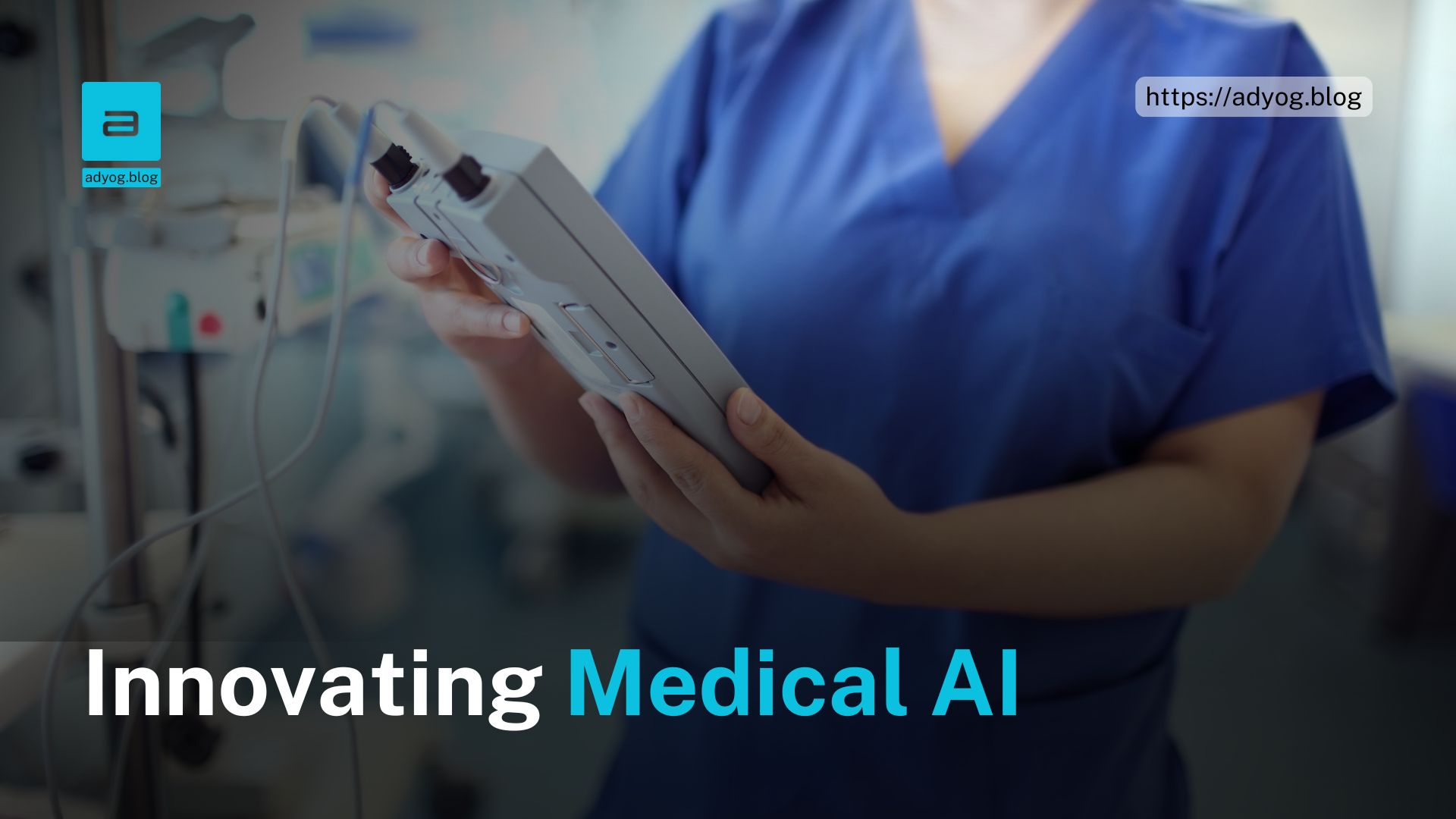The MHRA AI Airlock initiative is a groundbreaking pilot exploring the transformative potential of AI-powered medical devices in healthcare. Running until April 2025, this program evaluates innovative technologies like Lenus Stratify and OncoFlow in real-world settings, focusing on regulatory compliance, patient impact, and system efficiency. These advancements underscore AI’s growing role in addressing critical healthcare challenges and paving the way for a smarter, more adaptive future in medicine.
The Rise of AI in Healthcare: A New Dawn
The integration of artificial intelligence into healthcare marks a paradigm shift in medical practice. For example, AI is already being used in real-world applications like predicting severe outcomes for COPD patients with Lenus Stratify or enabling faster radiology reporting with Philips’ AI-powered Reporting Enhancer. These devices navigate stringent regulatory landscapes while delivering actionable insights, from reducing emergency admissions to streamlining oncology workflows. Moreover, systems like FAMOS are tackling challenges like model drift, ensuring that AI tools maintain reliability in dynamic conditions. These examples illustrate how AI is not only solving immediate medical challenges but also setting the stage for more advanced, adaptive healthcare solutions.
1. Lenus Stratify: Revolutionary COPD Management
Chronic Obstructive Pulmonary Disease (COPD) affects millions worldwide, straining healthcare systems. Lenus Stratify, developed by Lenus Health, is revolutionizing COPD management with advanced AI analytics to predict severe outcomes.
Key Features:
- Early Risk Prediction: Advanced algorithms identify high-risk patients, enabling proactive care and reducing emergency admissions.
- Improved Patient Quality of Life: Timely interventions mitigate disease progression and improve daily living.
- Healthcare Optimization: By minimizing hospitalizations, Lenus Stratify alleviates resource pressures, particularly in public health systems like the NHS.
This innovative approach extends its impact beyond individual patients, addressing systemic healthcare challenges and paving the way for better chronic disease management.
2. Philips Radiology Reporting Enhancer: The Future of Diagnostic Imaging
Radiology departments are under constant pressure to deliver accurate results at speed. Philips Radiology Reporting Enhancer uses AI to transform diagnostic imaging workflows, addressing these demands with precision.
Key Features:
- Automated Report Generation: AI creates detailed “Impression” sections, summarizing critical findings.
- Error Reduction: Automation minimizes human errors and enhances communication between healthcare providers.
- Workflow Efficiency: Faster reporting ensures quicker diagnoses, benefiting patients through timely treatments.
By balancing speed and accuracy, this innovation sets a new standard for diagnostic imaging, improving outcomes for both patients and healthcare providers.
3. FAMOS: The Guardian of AI Reliability
As AI adoption grows in healthcare, maintaining consistent performance is crucial. Newton’s Tree’s Federated AI Monitoring Service (FAMOS) ensures AI systems remain reliable in real-world conditions.
Key Features:
- Real-Time Monitoring: Tracks AI model performance continuously to detect and address issues promptly.
- Rapid Corrective Actions: Enables quick adjustments to maintain algorithm reliability.
- Enhanced Patient Safety: Consistent monitoring ensures algorithms prioritize patient welfare.
FAMOS bridges the gap between theoretical AI capabilities and practical healthcare applications, ensuring robust performance in dynamic environments.
4. OncoFlow: Revolutionizing Cancer Care Pathways
In cancer treatment, time is of the essence. OncoFlow is a game-changing AI platform that optimizes oncology care management, initially focusing on breast cancer with plans for broader application.
Key Features:
- Streamlined Treatment Pathways: Reduces delays by optimizing clinical workflows.
- Personalized Therapies: Facilitates tailored treatments for improved survival rates.
- Scalable Solutions: Expands across oncology domains, addressing systemic challenges in cancer care.
OncoFlow demonstrates the potential of AI to tackle complex healthcare issues, offering hope for improved cancer care outcomes worldwide.
5. SmartGuideline: Bringing Clarity to Clinical Decisions
In the intricate world of clinical decision-making, SmartGuideline stands out by leveraging large language models trained on NICE guidelines.
Key Features:
- Evidence-Based Insights: Provides verified, guideline-based answers to clinicians’ queries.
- Enhanced Decision Support: Reduces ambiguity, improving consistency in patient care.
- Real-Time Assistance: Offers quick access to accurate information, streamlining clinical workflows.
By bridging advanced AI capabilities with stringent clinical standards, SmartGuideline ensures treatments are rooted in reliable medical knowledge.
Conclusion
The rise of AI-powered medical devices is a defining moment in healthcare evolution. Innovations like Lenus Stratify, Philips Radiology Reporting Enhancer, FAMOS, OncoFlow, and SmartGuideline are not just addressing today’s challenges—they are paving the way for a smarter, more efficient, and patient-centered healthcare system.
As part of the ongoing MHRA “AI Airlock” pilot running until April 2025, these technologies are under active evaluation in real-world scenarios. This initiative reflects a crucial step in validating the safety, efficacy, and transformative potential of AI in healthcare. While the results of the pilot are yet to be determined, the early outcomes highlight the promise of these tools to address systemic healthcare challenges and improve patient outcomes.
Looking forward, the integration of AI into healthcare remains an evolving journey. These pilot programs provide valuable insights into the future of human-AI collaboration, emphasizing the importance of innovation that aligns with regulatory standards and ethical considerations. The next milestones will likely shape the trajectory of AI’s role in delivering smarter and more equitable healthcare solutions.
As AI continues to integrate into healthcare, we can expect even greater advancements, transforming how medical care is delivered and experienced. The journey is just beginning, and the possibilities are endless.





Leave a Reply